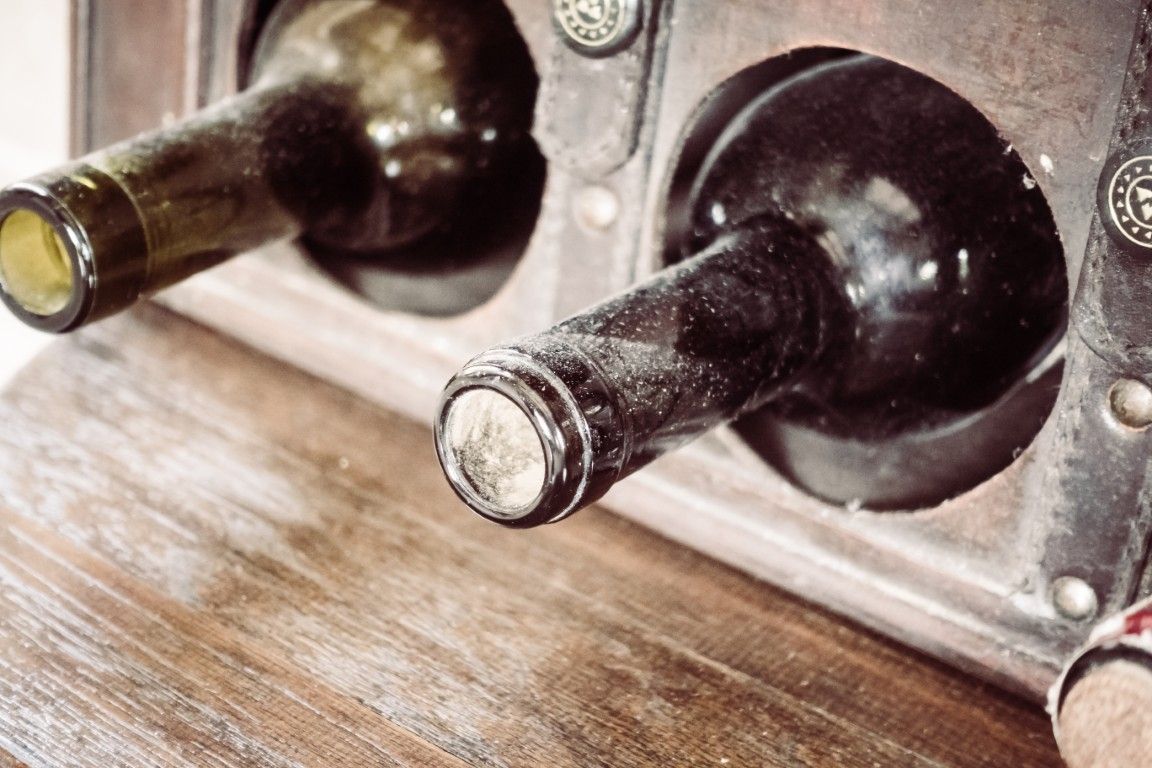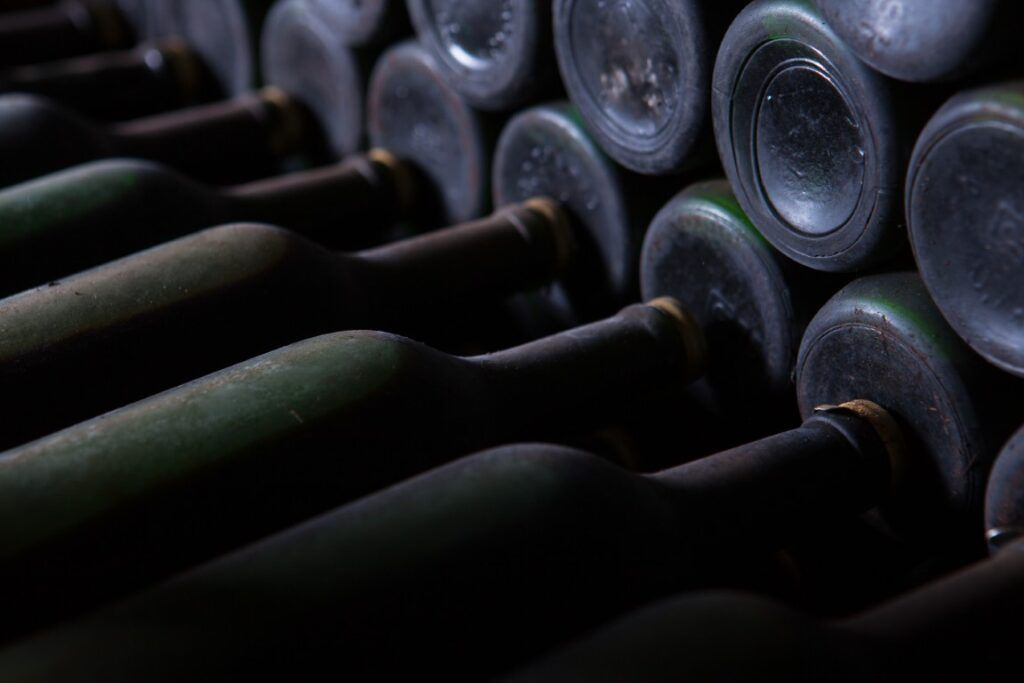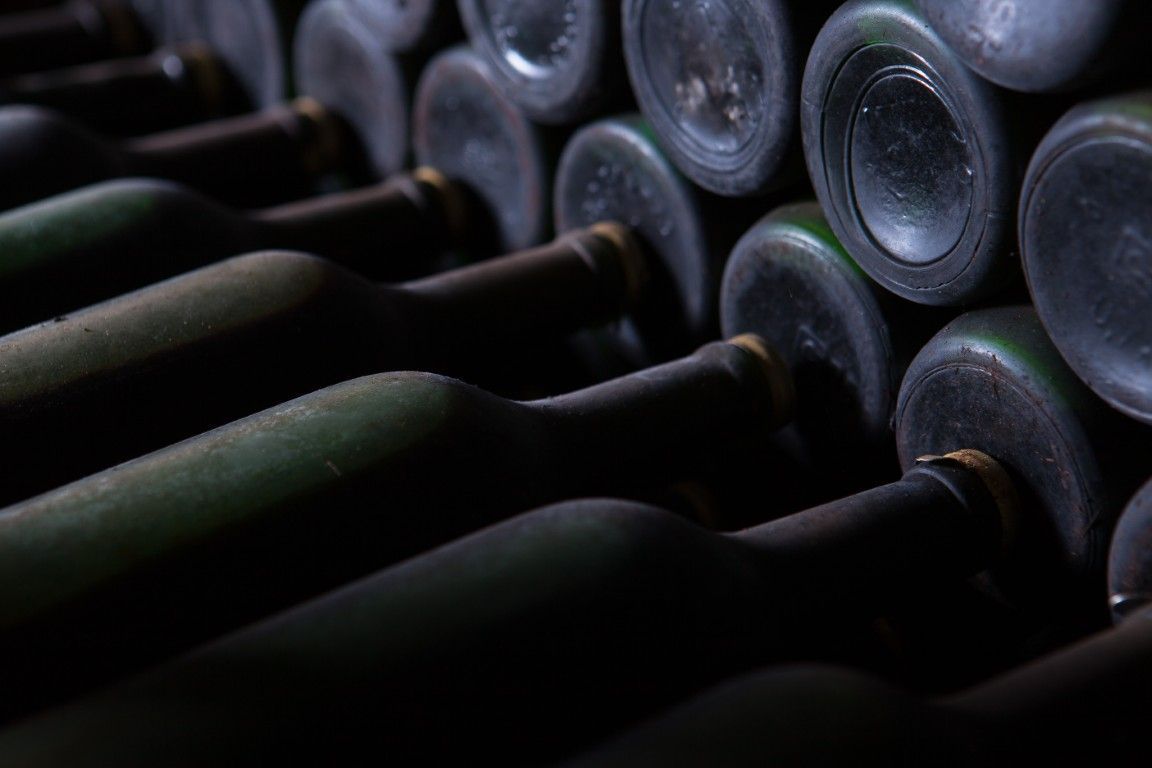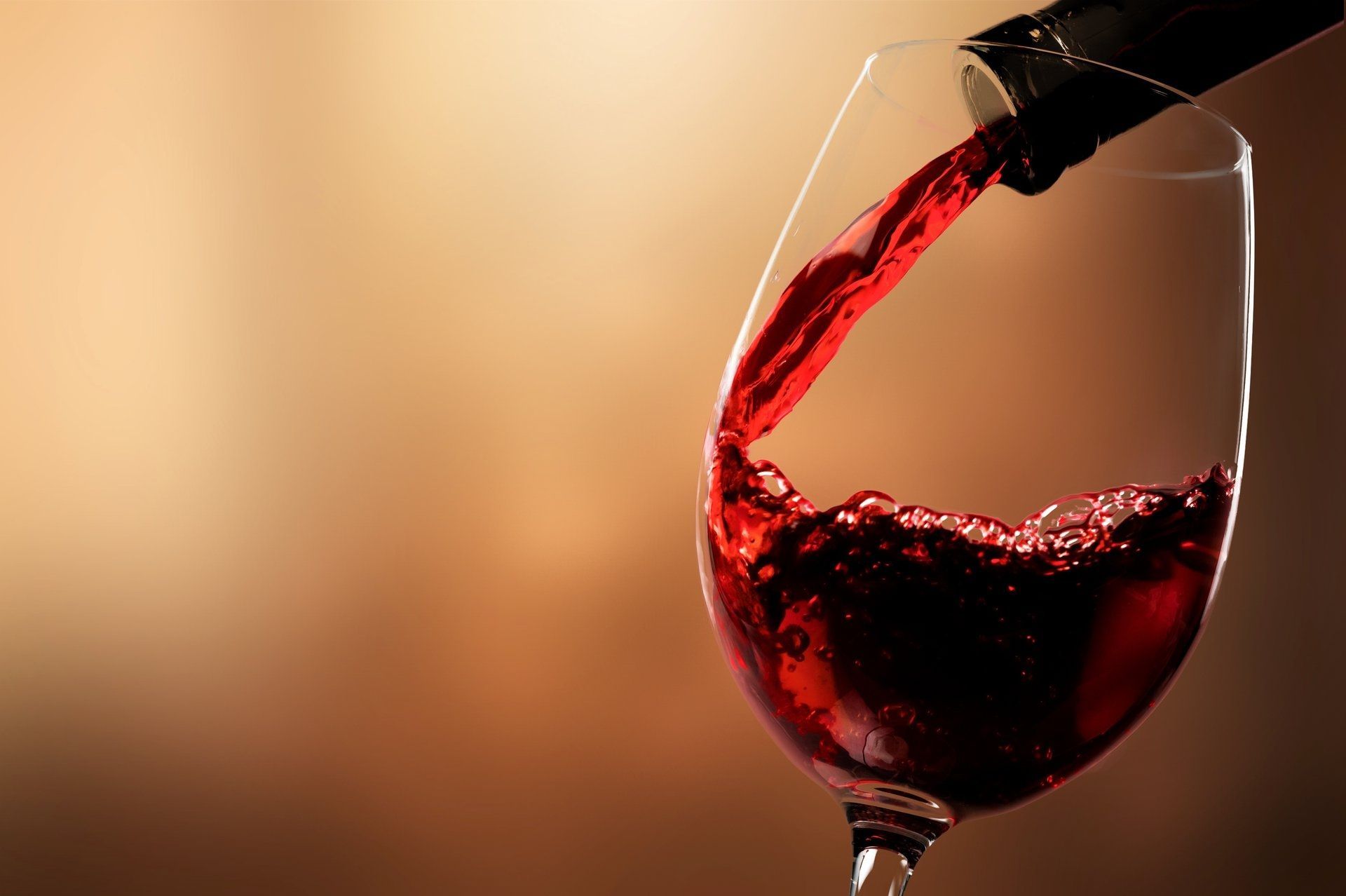With the arrival of summer, high temperatures can become a silent enemy to wine preservation. Knowing where to store wine in summer is essential to maintain its properties and enjoy it at its best.
The Importance of Proper Wine Storage in Summer
Excessive heat can accelerate the aging process of wine, negatively affecting its flavor, aroma, and color. Maintaining a **stable and appropriate temperature** is crucial to preserving its organoleptic qualities. Poor storage conditions can cause the liquid to expand, pushing the cork out and allowing oxygen to enter, which leads to wine oxidation.
Key Factors for Storing Wine in Summer
- Temperature: The ideal temperature for storing wine in summer is between 12°C and 18°C (54°F–64°F). Temperatures above 24°C (75°F) can cause wine to age prematurely and develop unwanted flavors.
- Humidity: A relative humidity of 60% to 70% is ideal to keep the cork from drying out and allow the wine to age properly.
- Light: Exposure to direct light, especially sunlight, can alter the wine’s compounds, affecting its taste and aroma. It’s recommended to store bottles in dark places or on shelves designed to shield them from direct light.
- Bottle Position: Storing bottles horizontally keeps the cork moist, preventing it from drying out and ensuring proper aging.
Home Storage Options During Summer
- Wine coolers: Investing in a wine cooler is an excellent option to maintain proper temperature. These appliances are designed to keep wine at a stable and suitable temperature, even during the hottest days.
- Basements or storage rooms: If you don’t have a wine cooler, storing bottles in a basement or storage room can be a good alternative, as these areas are often cooler and less affected by temperature fluctuations.
- Interior cabinets: Placing bottles in interior cabinets, away from heat sources and direct light, can help maintain a more stable temperature.
For even safer storage, consider using synthetic stoppers from Excellent Cork. They provide a perfect seal, ensuring that each bottle stays fresh in any season.

Common Mistakes When Storing Wine in Hot Weather
- Leaving bottles in the kitchen: Kitchens usually experience frequent temperature fluctuations and light exposure, both of which can harm the wine.
- Storing near appliances: Avoid placing wine near heat-emitting appliances like ovens or refrigerators.
- Exposure to vibrations: Constant vibrations can interfere with the aging process. Store bottles in places free from movement or shaking.
At Excellent Cork, we offer a wide range of wine stoppers designed to ensure optimal bottle preservation—even during the hottest months.
Practical Tips to Protect Wine from Summer Heat
- Use wine cooler sleeves: These sleeves help keep wine at the right temperature while serving during hot weather.
- Monitor serving temperature: Serving wine at the correct temperature is key to enjoying its qualities. White and rosé wines are best served between 8°C and 10°C (46°F–50°F), while reds should be served between 14°C and 16°C (57°F–61°F).
- Avoid sudden temperature changes: Rapid temperature shifts can harm wine. Store bottles in a consistently cool environment.
- Use high-quality stoppers: Ensure bottles are sealed with quality closures to prevent oxygen from entering and oxidizing the wine. Brands like Excellent Cork offer synthetic stoppers that guarantee excellent preservation and eliminate common issues associated with natural cork.
FAQs on Storing Wine in Summer
Is it advisable to keep wine in the fridge during summer?
Yes, but with limitations. Refrigerating wine is a temporary solution to prevent heat damage before consumption. However, it’s not ideal for long-term storage, as the low temperatures (typically 4°C to 7°C / 39°F to 45°F) can affect its evolution and aromatic structure. Also, conventional refrigerators lack humidity, which can dry out the cork and allow oxygen in, accelerating oxidation. A wine fridge or a cool, dark place is a better alternative.
How does humidity affect wine storage in summer?
Humidity plays a key role in wine preservation. Too little humidity can dry and shrink the cork, allowing oxygen to enter and oxidize the wine. On the other hand, too much humidity (over 75%) can promote mold growth on labels and affect the bottle’s appearance. The ideal humidity level is between 60% and 70% to keep the cork in good condition and preserve the wine’s properties.
Which types of wine are most sensitive to heat?
The most heat-sensitive wines are white, rosé, and sparkling wines, due to their lighter structure and lower tannin content. Heat can speed up oxidation, altering their fresh aromas and natural acidity. Sparkling wines, in particular, can lose their fizz if not stored at the right temperature. Though reds are more resilient, young and fruity red wines can also deteriorate if exposed to temperatures above 20°C (68°F) for extended periods.
Is it necessary to invest in a wine cooler to store wine during summer?
Not strictly necessary, but highly recommended if you want to ensure proper wine preservation. A wine fridge keeps temperature and humidity levels constant, preventing fluctuations that can affect quality. For collectors or those with valuable bottles, it’s a worthwhile investment. However, if you don’t have a wine fridge, you can store wine in a cool, dark place without temperature shifts, and make sure the bottles are sealed with quality stoppers—like those from Excellent Cork—to ensure airtight closure and prevent oxidation.
How long can wine be stored at home during summer?
How long wine stays in good condition during summer depends on storage conditions. If proper guidelines are followed (controlled temperature, no direct light, correct humidity), wine can remain stable for several months. But under poor conditions, quality can deteriorate in just a few weeks.
Storing wine in summer requires attention to key factors like temperature, humidity, and light exposure. Avoiding common mistakes and following best storage practices can mean the difference between enjoying wine at its best—or opening a spoiled bottle. Excellent Cork, a leading manufacturer of synthetic stoppers, provides high-quality seals that help protect wine from oxidation and preserve its freshness longer. With the right precautions and the best products, you can enjoy your wine even on the hottest days of the year.
Want more tips on wine storage and our latest innovations? Visit our blog and stay up to date with the best recommendations in the industry.





